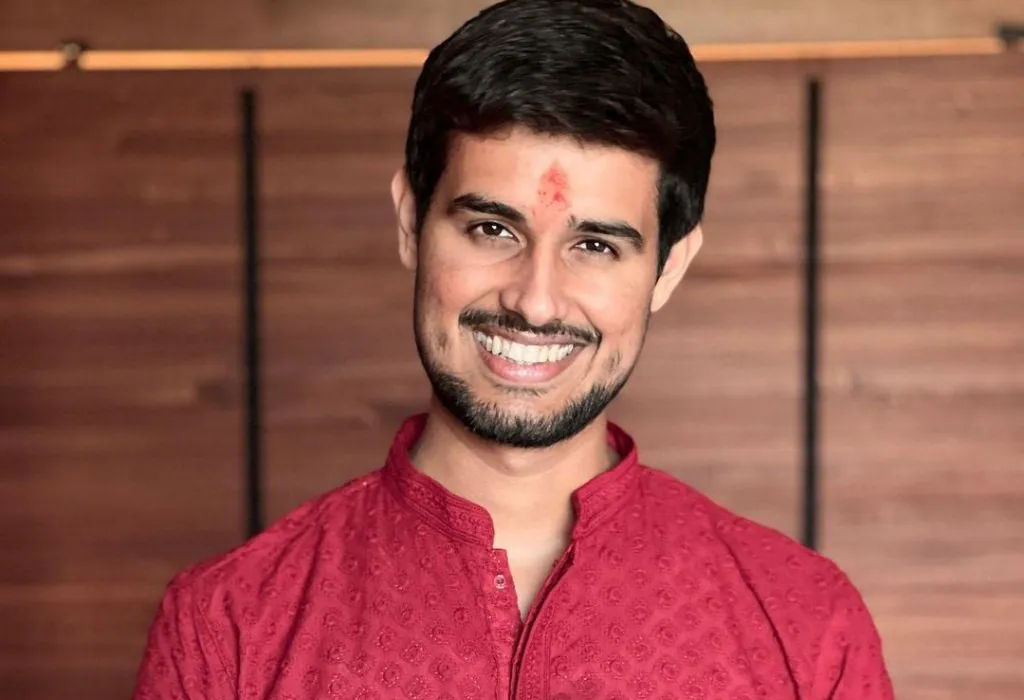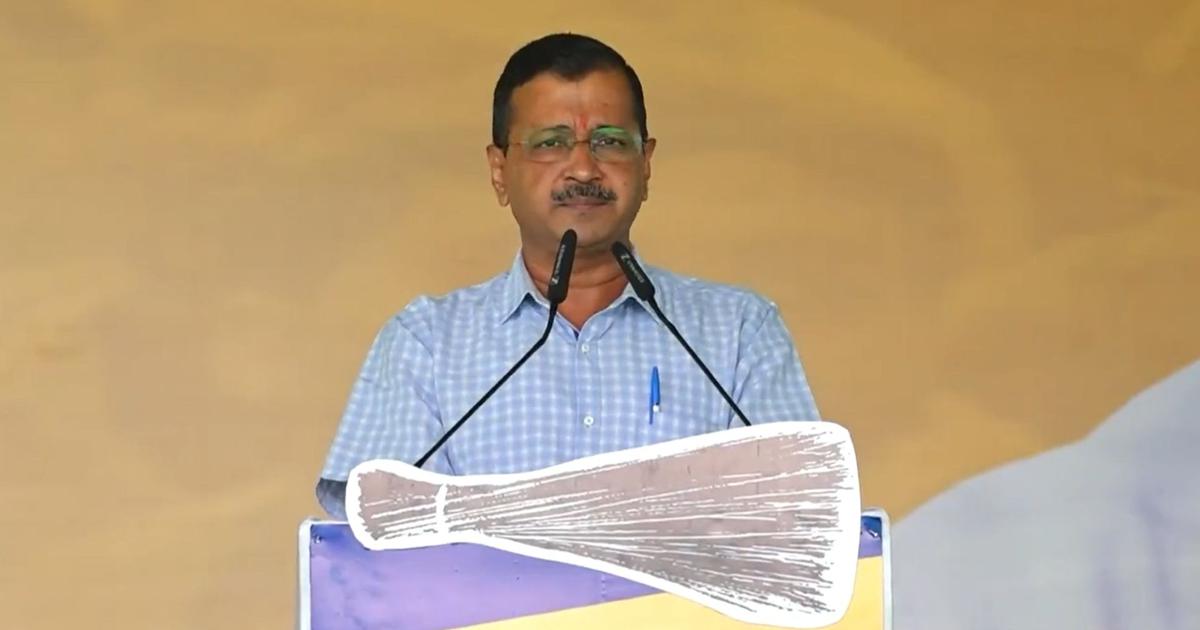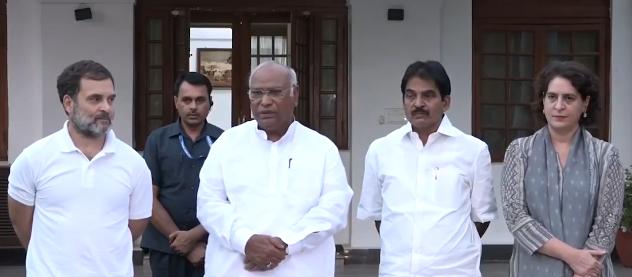YouTuber Dhruv Rathee has been summoned by a Delhi court in a defamation case filed by BJP leader Suresh Karamshi Nakhua. The case centers on allegations made by Rathee in a video, where he called Nakhua a “violent and abusive” troll. Discover the details of the legal proceedings and their implications for free speech and defamation in India.
A Delhi court has summoned YouTuber Dhruv Rathee in response to a defamation lawsuit filed by Bharatiya Janata Party (BJP) leader Suresh Karamshi Nakhua. The case revolves around claims made by YouTuber Dhruv Rathee in one of his videos, where he allegedly referred to Nakhua as a “violent and abusive” troll.
Background of the Case
The defamation case against YouTuber Dhruv Rathee originates from a video he uploaded on his YouTube channel on July 7. In this video, he allegedly made statements about Suresh Karamshi Nakhua, who is a spokesperson for the Mumbai unit of the BJP. Nakhua asserts that YouTuber Dhruv Rathee’s remarks were defamatory and baseless, and intended to harm his reputation.
District Judge Gunjan Gupta of the Saket Court issued the summons to YouTuber Dhruv Rathee on July 19, requiring his appearance in court to address the allegations. Additionally, the court has issued a notice to YouTuber Dhruv Rathee regarding Nakhua’s plea for interim relief, scheduling the hearing for August 6, 2024.
Court Proceedings and Legal Implications
In its order, the court stated: “Issue summons of the suit and notice of the application u/o 39 Rule 1 and 2 CPC to the defendants, subject to steps by all modes i.e. PF & RC/Speed Post/Approved Courier including electronic mode for 06.08.2024. Process be also given dasti, as prayed.”
The legal proceedings underscore the serious nature of defamation cases, especially when involving public figures. The court’s decision to summon YouTuber Dhruv Rathee highlights the potential for significant legal and reputational consequences for both the YouTuber and the BJP leader.
Allegations and Response
In his plea, Nakhua alleges that YouTuber Dhruv Rathee “made bold and unsubstantiated claims” in the video, labeling him as part of a group of “violent and abusive trolls.” Nakhua contends that these allegations lack basis and are likely to damage his personal and professional reputation.
The plea further states, “Through this cunningly crafted video, a deliberate campaign to besmirch the Plaintiff’s (Suresh Karamshi Nakhua) integrity and reputation is apparent, as baseless accusations and malicious connections are artfully insinuated. The primary creator of this video seeks not only to cast doubt on the Plaintiff’s character but also to tarnish his hard-earned standing in society.”
Nakhua emphasizes the potential repercussions of such allegations, noting that they can cause lasting damage to both his personal and professional life, creating “scars that may never fully heal.”
Broader Context
The case against YouTuber Dhruv Rathee is indicative of the broader issues surrounding free speech and defamation in the digital age. As a prominent YouTuber with a large following, Dhruv Rathee’s content often includes political commentary and criticism, which can sometimes lead to legal challenges.
Defamation cases involving social media influencers and political figures are becoming increasingly common, raising questions about the balance between free expression and the protection of individual reputations. This case involving YouTuber Dhruv Rathee highlights the potential for conflict when online content crosses perceived legal and ethical boundaries.
What’s Next?
As the court date approaches, all eyes will be on the proceedings to see how the legal battle involving YouTuber Dhruv Rathee unfolds. The outcome could have significant implications for both Rathee and Nakhua, as well as for the broader discourse surrounding defamation and free speech in India.
The August 6 hearing will provide an opportunity for both parties to present their arguments and evidence. YouTuber Dhruv Rathee’s response to the allegations will be crucial in determining the direction of the case and its eventual resolution.
The defamation case against YouTuber Dhruv Rathee underscores the complex interplay between digital media, political discourse, and legal accountability. As India’s courts continue to navigate these challenges, the case serves as a reminder of the importance of responsible communication and the potential consequences of defamatory content.
As the legal proceedings move forward, they will likely draw attention from media and the public, highlighting the evolving landscape of digital content creation and its impact on society. Both YouTuber Dhruv Rathee and Suresh Karamshi Nakhua face a pivotal moment in their respective careers, with the outcome potentially setting a precedent for similar cases in the future.
For further insights and comprehensive content, please visit our homepage



